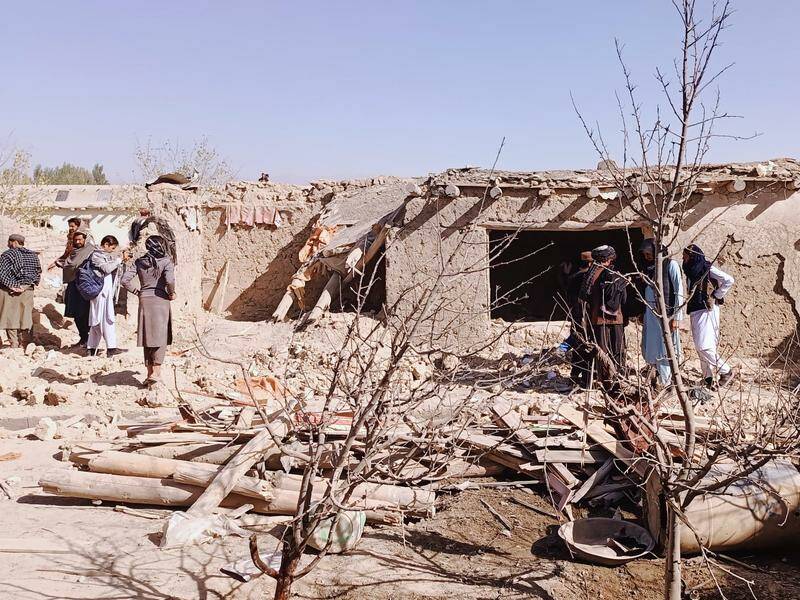
Delegations from Pakistan and Afghanistan have arrived in Doha, Qatar, in a bid to resolve escalating tensions following a surge of violence along their shared border. Over the past week, fighting has resulted in dozens of casualties and hundreds of injuries on both sides, marking one of the deadliest crises between the two countries in recent years.
The Afghan delegation, which includes Defense Minister and the head of the national intelligence agency, aims to address the ongoing conflict. A Pakistani delegation is scheduled to leave for Doha shortly, according to the national broadcaster PTV, which did not disclose further details. Each nation accuses the other of aggression, with Pakistan alleging that Afghanistan is sheltering militants responsible for border attacks—a claim the Taliban government has firmly rejected.
Regional powers such as Saudi Arabia and Qatar have urged both nations to de-escalate the situation, emphasizing that the violence poses a threat to regional stability, especially as groups like Islamic State and al-Qaeda seek to regain a foothold in the area.
A 48-hour ceasefire that was intended to halt hostilities expired on Friday evening. Shortly afterward, Pakistani forces conducted airstrikes in Afghanistan’s eastern Paktika Province, targeting hideouts of the Hafiz Gul Bahadur militant group. Pakistani security officials confirmed to The Associated Press that these strikes were a direct response to a suicide bombing at a security forces compound in Mir Ali, located in Pakistan’s Khyber Pakhtunkhwa province, which occurred just a day earlier.
According to Pakistani sources, the air raids resulted in the deaths of several armed fighters while avoiding civilian casualties. However, Afghan officials reported that at least 10 civilians, including women and children, lost their lives during these attacks. The violence has led to significant repercussions, including the decision by Afghanistan’s national cricket board to boycott an upcoming series in Pakistan.
In a statement, Zabihullah Mujahid, the chief spokesman for the Taliban government, condemned what he termed the “repeated crimes of Pakistani forces” and the violation of Afghanistan’s sovereignty. He characterized these actions as provocations intended to prolong the conflict.
The border between Pakistan and Afghanistan, known as the Durand Line, stretches approximately 2,600 kilometers. This boundary has never been formally recognized by Afghanistan, contributing to ongoing tensions. Pakistan continues to face increasing militancy, particularly in areas adjacent to Afghanistan, and has accused its nuclear-armed neighbor and rival, India, of supporting armed groups, although no evidence has been provided to substantiate these claims.
On Saturday, Pakistan’s Army Chief Asim Munir called on Afghanistan to prioritize “mutual security over perpetual violence” and to embrace “progress over hardline obscurantism.” He urged the Taliban to take measures against militant proxies that operate from within Afghanistan.
The situation remains volatile as both nations navigate the complexities of their relationship and the broader implications for regional security.






